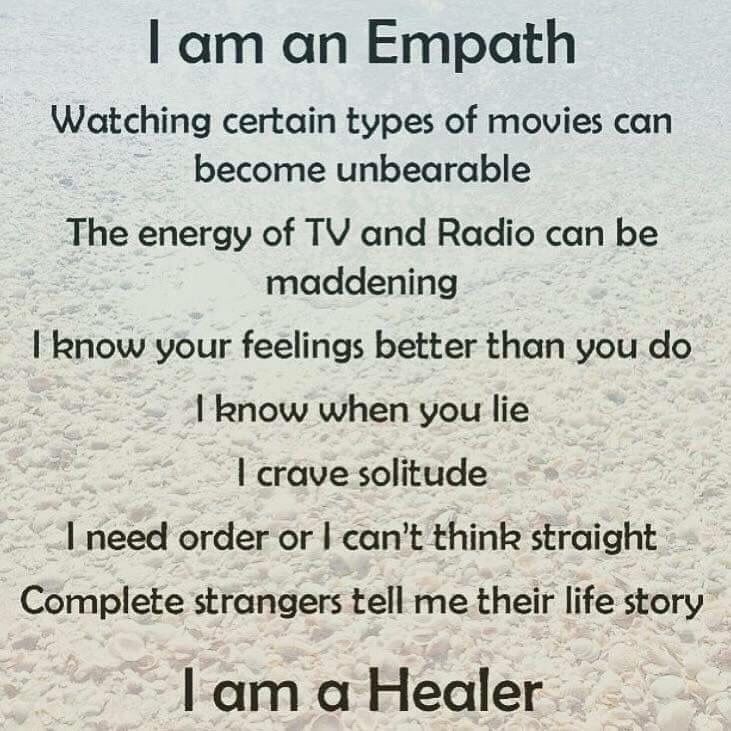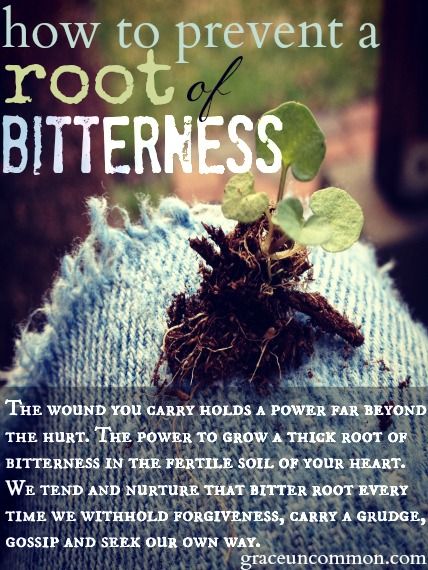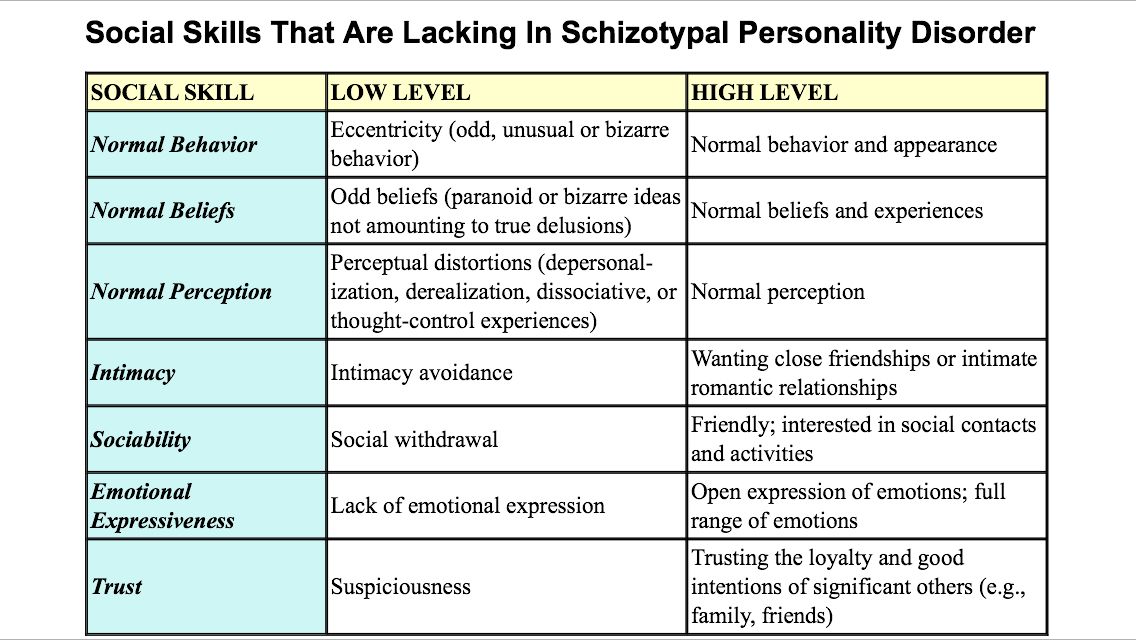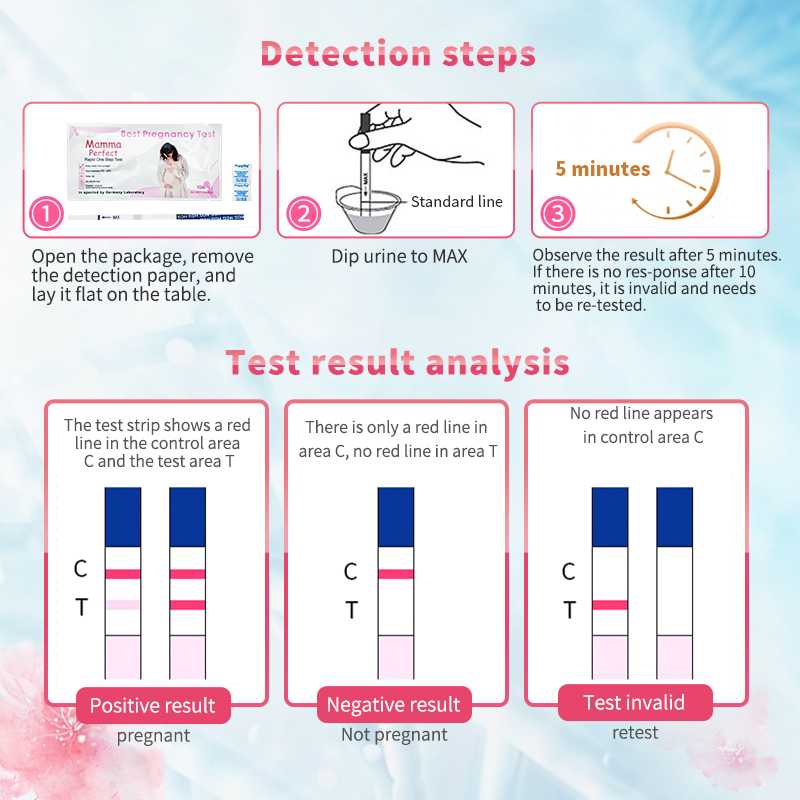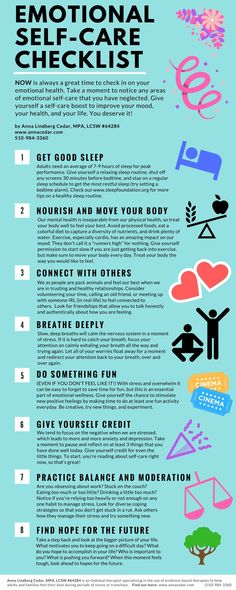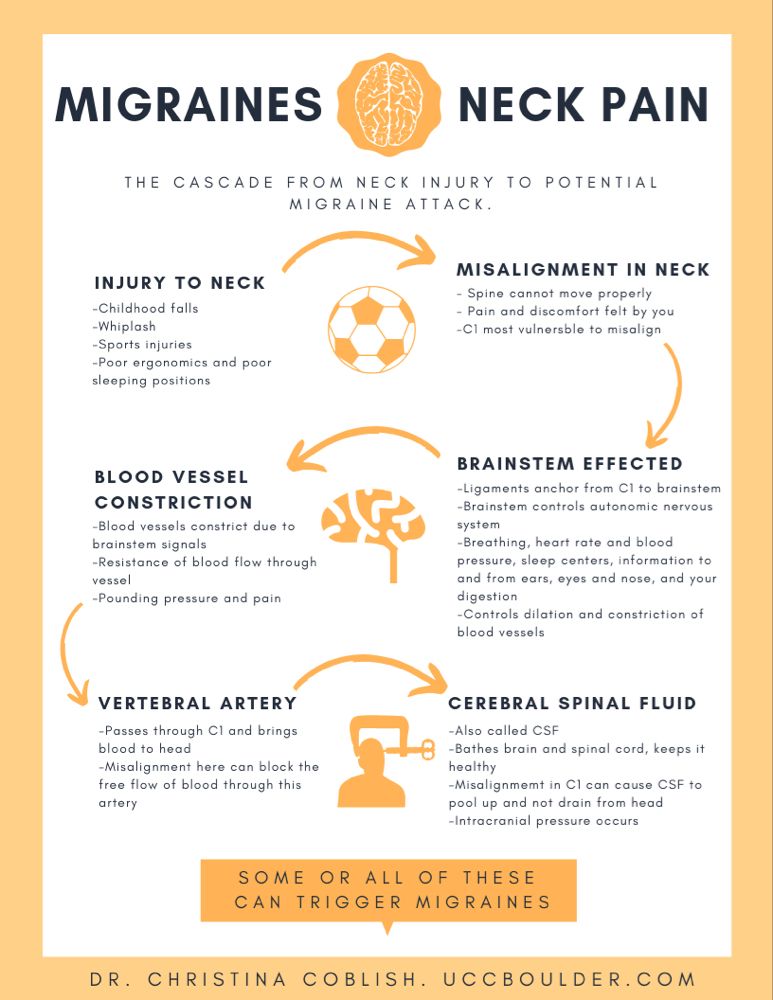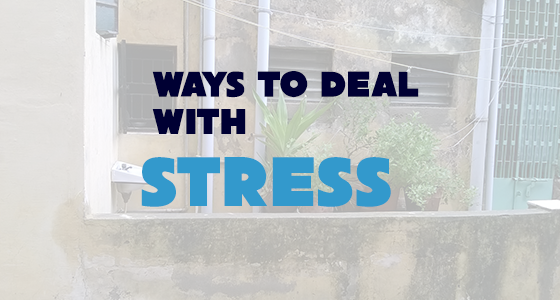Empaths and introverts
11 Things That Explain What It's Like to Be an Introverted Empath
If you’re an empath, you already know that you experience the world in a unique way. Empaths have the innate ability to feel other peoples’ emotions as if they were their own. This allows them to understand people in profound and intimate ways, as well as heal emotional pain.
However, due to their compassion and caring, empaths are often taken advantage of. And it’s not easy to go through life absorbing the feelings of others (sometimes even those of complete strangers!). But I’m here to let you know that you’re not alone; there are more people like you out there than you might think. And there are things you can do to manage the emotional overwhelm you sometimes feel.
Upon discovering the term “empath,” it helped explain some things about why I am the way I am. There are a lot of ways I describe my personality: an introvert or a highly sensitive person (HSP), but I think being an empath is really at the core of who I am.
So, here are 11 things that helped explain some of the “unusual” parts of my personality that I felt confused about my whole life. Can you relate?
What It’s Like Being an Introverted Empath
1. Empaths walk in other people’s shoes with little effort.
One of the easiest and most natural things for an empath to do is understand what another person is going through. That is, in essence, the definition of the word “empathy,” which Merriam-Webster describes as the “action of understanding, being aware of, and vicariously experiencing the feelings, thoughts, and experience of another.” In short, empathy is walking in someone’s shoes even if they’ve walked a completely different path than anything you’ve experienced. Now, this isn’t to say that empaths have a supernatural ability to comprehend any human situation, experience, or feeling — we’re not psychics — but we pretty easily “get” you.
2. We feel deeply.
I don’t know how else to explain it, but it’s as if my emotions seem to be more heightened than others around me.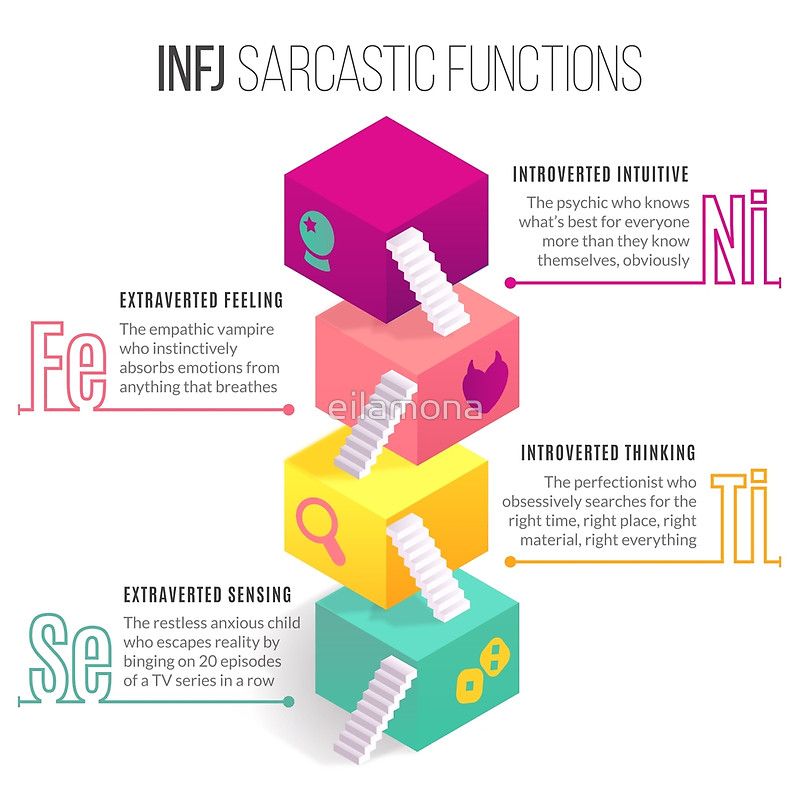 This can be both a blessing and a curse. On the upside, I feel joy, peace, and happiness strongly. However, there are times where a greater tendency towards apathy would make my life easier; it’s tiring to constantly be experiencing intense emotions. For example, when I’m stressed or struggling, my insomnia worsens, my mood plunges, I listen to a lot of sad music, and it becomes all too easy to choke up and lose myself.
This can be both a blessing and a curse. On the upside, I feel joy, peace, and happiness strongly. However, there are times where a greater tendency towards apathy would make my life easier; it’s tiring to constantly be experiencing intense emotions. For example, when I’m stressed or struggling, my insomnia worsens, my mood plunges, I listen to a lot of sad music, and it becomes all too easy to choke up and lose myself.
3. We can be brought to tears over seemingly insignificant things.
I’ve cried while looking at an exhibit in a museum, reading a book, listening to someone tell a sad (or heartwarming) story, and especially while watching or reading the news. Tears come easily to me, sometimes over seemingly “insignificant” things. When they do, I need to assess where they’re coming from: Is the emotion mine, or does it belong to someone else? For the deeply sensitive empath, the line can be blurry.
4. We are passionate.
One reason introverted empaths get emotional is we have a large capacity for passion.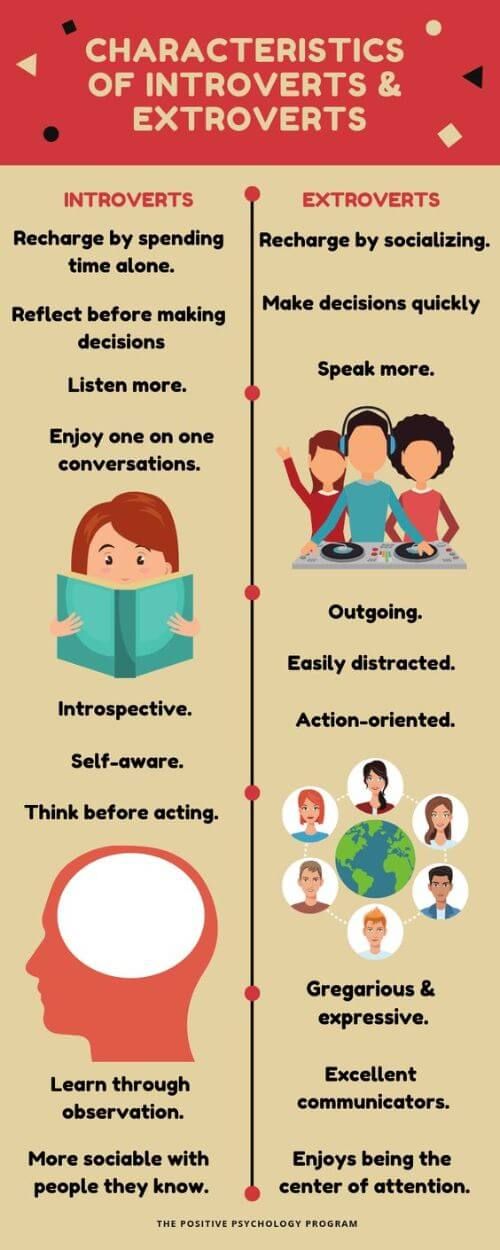 If there’s a cause, person, or group we truly care about, we will throw ourselves fully into the effort. Being an introvert, I do not crave the spotlight, and I generally avoid making myself the center of attention. But if I believe what I’m doing will truly make a difference, I’ll step out of my comfort zone. That’s when you may not recognize the enthusiastic, assertive person I become.
If there’s a cause, person, or group we truly care about, we will throw ourselves fully into the effort. Being an introvert, I do not crave the spotlight, and I generally avoid making myself the center of attention. But if I believe what I’m doing will truly make a difference, I’ll step out of my comfort zone. That’s when you may not recognize the enthusiastic, assertive person I become.
5. We listen because we truly care.
Introverts in general are known for being good listeners. Combine an introvert with an empath, and you magnify that ability. As empaths, it’s against our nature not to care. When you can sense other peoples’ emotions, you can’t help but care for them. You can’t help but be caught up in their triumphs and struggles. You can’t help but listen with interest.
6. We love serving.
It’s hard for us to turn a blind eye to suffering, whether it’s a friend or a stranger on the street. Because we take on others’ feelings, we take on others’ suffering, too.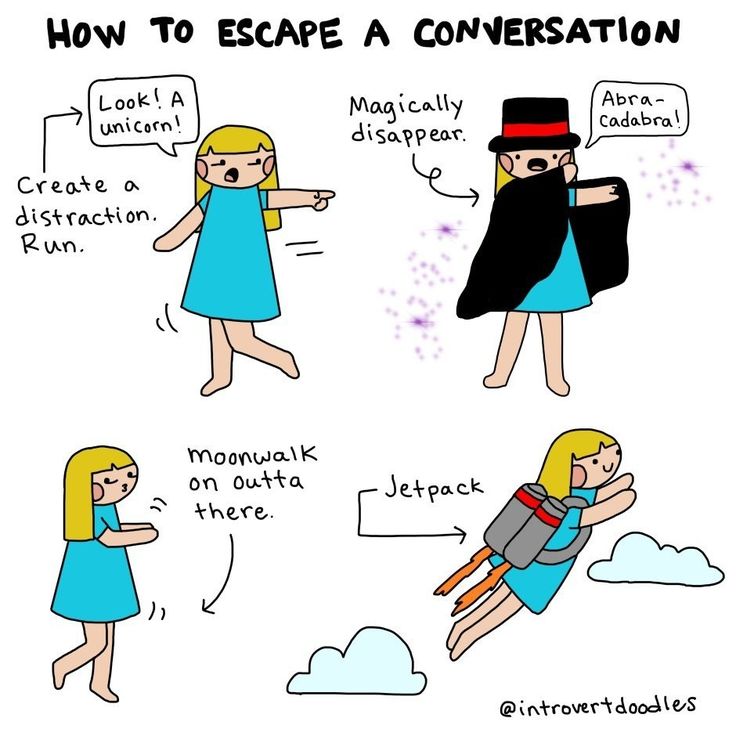 As a result, empaths have servant hearts. It doesn’t matter if there’s something else we’re supposed to be doing or previous plans we had scheduled. If someone is hurting — and we can do something about it — we will.
As a result, empaths have servant hearts. It doesn’t matter if there’s something else we’re supposed to be doing or previous plans we had scheduled. If someone is hurting — and we can do something about it — we will.
Of course, sometimes this causes problems for us. Other people see our generosity and take advantage of it — especially those who are toxic, emotionally needy, or even sociopathic. That’s why, if you’re an empath, it’s crucial that you have strong healthy boundaries in place.
7. Sometimes we understand other people’s feelings but not our own.
It’s kind of like knowing who is crushing on your friend but being completely oblivious to the possibility that someone likes you. Reading other people’s feelings? For an empath, that’s a piece of cake. Sorting out our own complex inner turmoil as an introvert? More often than not, a complete and utter fail! You’d think self-awareness is a fundamental human trait, but for some of us, it’s a bit trickier to figure out.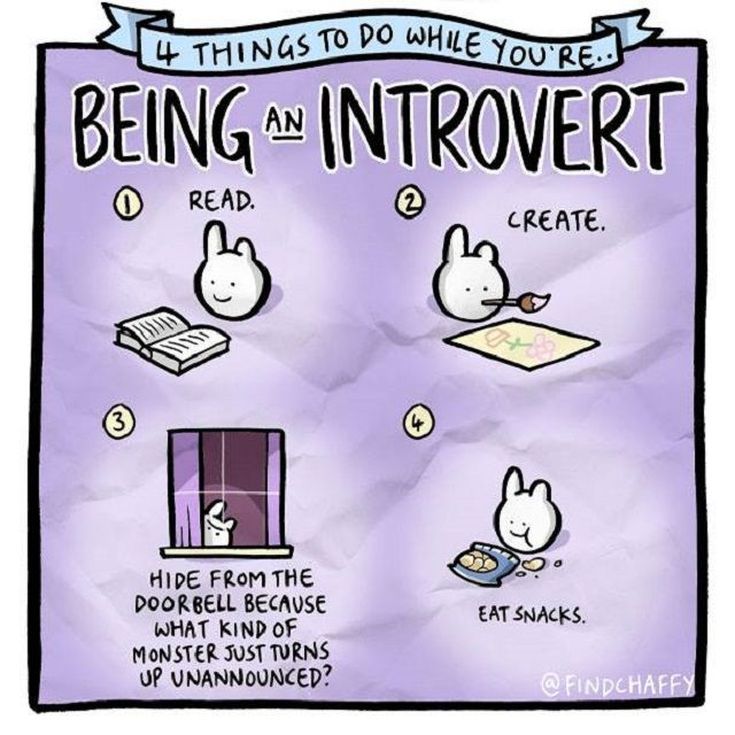 Empaths feel and understand so much that separating their own feelings from the feelings of others can be a daunting task — albeit a necessary one.
Empaths feel and understand so much that separating their own feelings from the feelings of others can be a daunting task — albeit a necessary one.
8. We read people well.
People are the brightest thing on our radar. We read them well, noticing body language and tone of voice, a slight hesitation here, a sudden change of topic there. Perhaps this is what feeds our empathy. When you notice subtle emotional signals, you can’t help but be drawn in. And whatever you do, don’t lie to an empath. Because we notice so much about people, we’re practically walking lie detectors.
9. We make strong, lasting connections.
Once we bond with someone, it can take on a hint of “till death do us part.” Even when we’re separated by distance and time, we are probably still thinking about you — people mean a lot to us, even though we, as introverts, may not be the best at showing it. And when we do get to see each other again, expect us to pick up right where we left off.
Join the introvert revolution.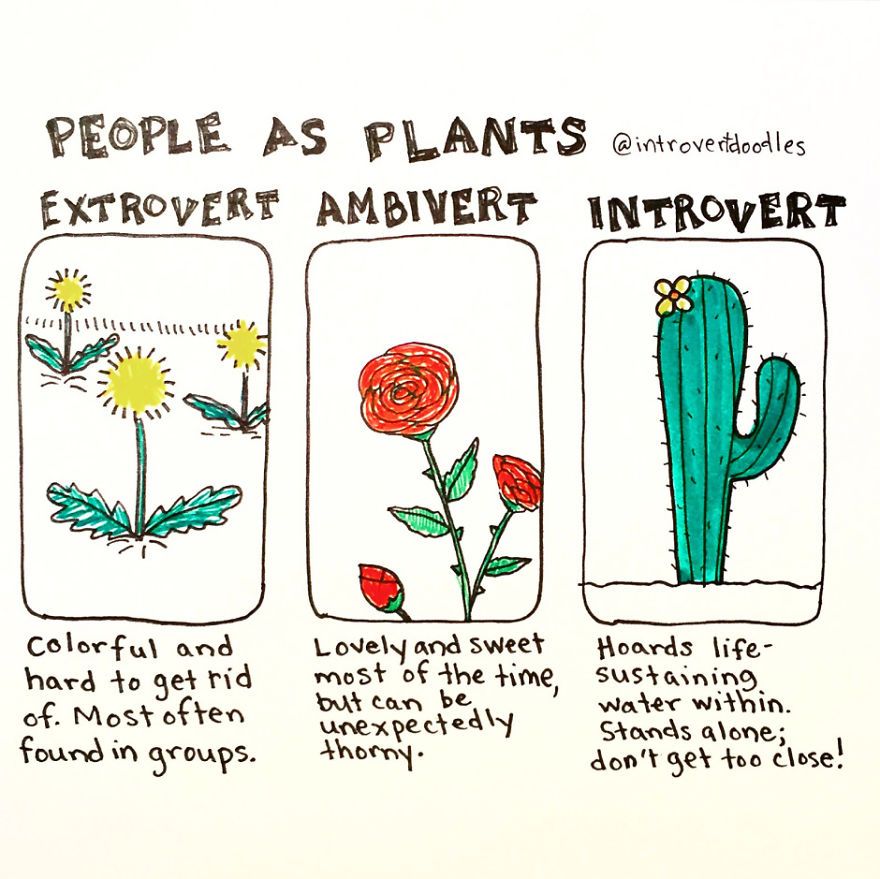 Subscribe to our newsletter and you’ll get one email, every Friday, of our best articles. Subscribe here.
Subscribe to our newsletter and you’ll get one email, every Friday, of our best articles. Subscribe here.
10. We’re labeled overly sensitive or emotional.
Growing up, I can’t tell you how many times I was told I was being “too emotional” or “too sensitive.” If you, too, have been told this, you might be an empath.
11. Empaths are sought after but under-appreciated.
Yes, empaths are emotional. Yes, we are sensitive. But we don’t see these as bad things. There’s nothing wrong with feeling deeply or caring passionately. In fact, the world would be a better place if we all had a little more empathy.
Perhaps introverted empaths experience this one more than extroverted empaths. When you listen attentively, genuinely care, and have little interest in hogging the conversational spotlight, people and their problems flock to you. It doesn’t matter if someone knows you hardly at all, but something about being an empath makes people bare their souls to you.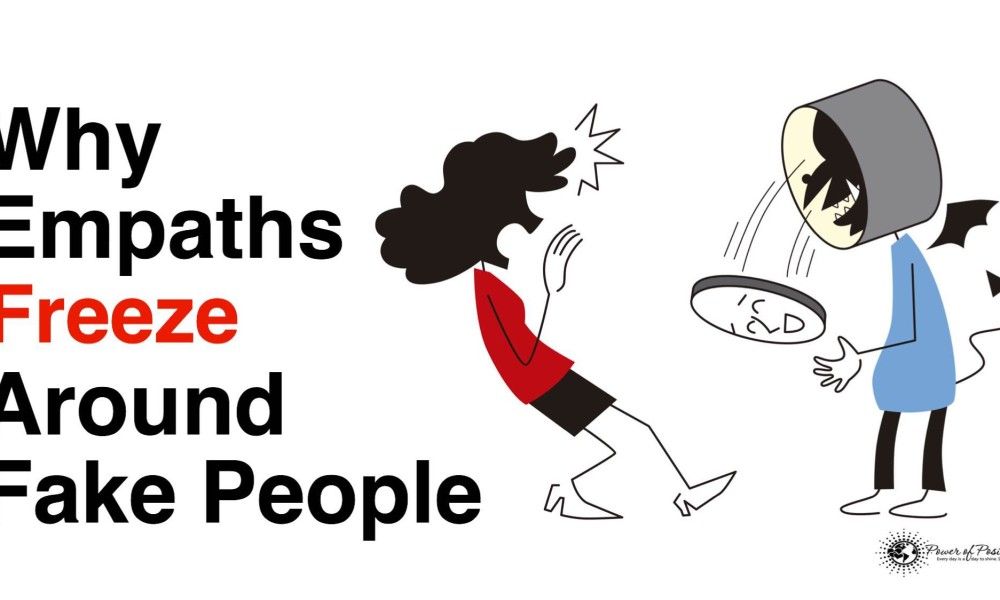 It’s not really that much of a shock that this happens if you consider how good at being understanding empaths are, though it can at times become frustrating. We do care immensely about the wellbeing of others, and that’s why we may bite our tongues and sit down to listen to someone rant about the same things, again. However, empaths need to beware of one-sided relationships where they’re giving all of themselves and not receiving anywhere near the same in return.
It’s not really that much of a shock that this happens if you consider how good at being understanding empaths are, though it can at times become frustrating. We do care immensely about the wellbeing of others, and that’s why we may bite our tongues and sit down to listen to someone rant about the same things, again. However, empaths need to beware of one-sided relationships where they’re giving all of themselves and not receiving anywhere near the same in return.
A Final Note to Empaths
My dear empaths, you were born hard-wired to care deeply. To put others first. To understand. To heal. Your selfless attitude is both courageous and compassionate.
But don’t neglect to take care of yourself. There will be people who won’t appreciate your sensitivity or who will seek to take advantage of your empathy. These are the people that not worth anguishing over.
Instead, seek out people who value and support you as much as you value and support them. Being introverts, we have limited social energy, so we need to be extra selective about who we spend our time with.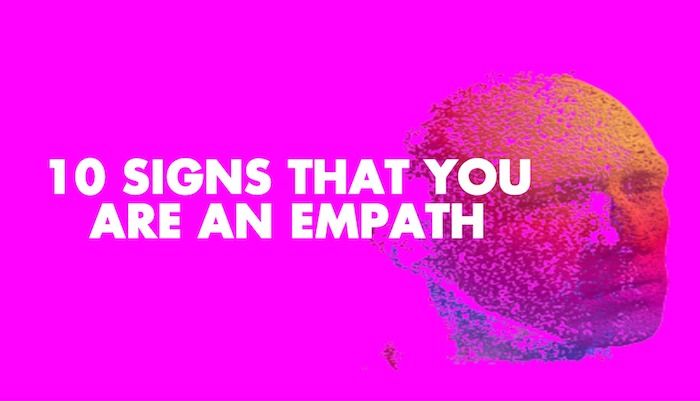 And as empaths, we must protect our sensitive hearts.
And as empaths, we must protect our sensitive hearts.
And don’t let anyone convince you that caring for other people isn’t worth it. But then again, I’m sure you know that already.
You might like:
- 27 Things You Do Because You’re a Highly Sensitive Person
- What Secretly Makes Each Introverted Myers-Briggs Type ‘Dangerous’
- My Introverted Brain Takes Longer to Process Things, and That’s Okay
The Difference Between Introverts, Empaths, and Highly Sensitive People
People often lump introverts, empaths, and highly sensitive people together. Although they share some similar traits, they’re each different. So what is the difference — and do you see yourself fitting into one (or more!) of these categories? Let’s take a look.
Introverts
There’s been a lot of awareness-raising about introverts lately, and most people now understand that being an introvert doesn’t necessarily make you shy or unsociable. In fact, many introverts are social people who love spending time with a few close friends.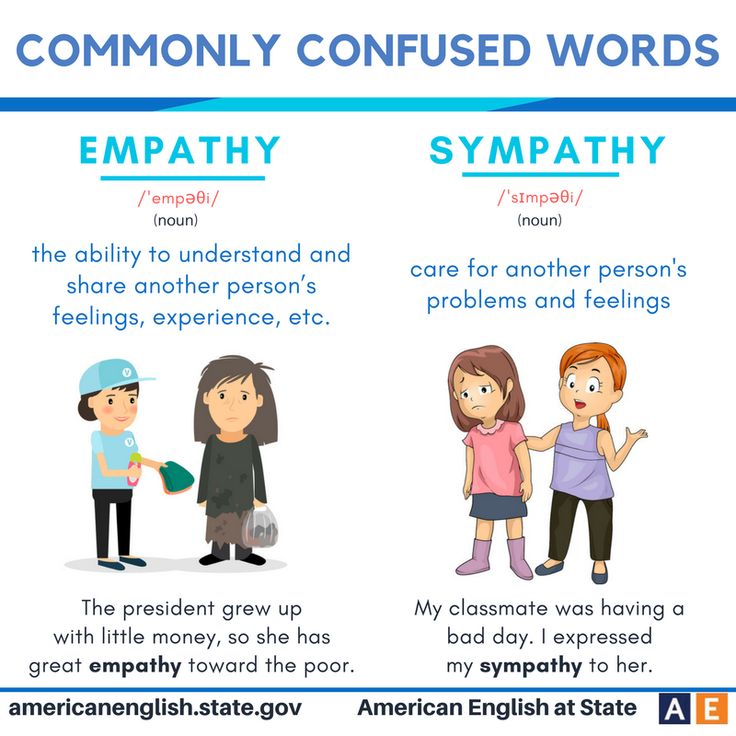 But introverts get drained quickly in those situations, and need plenty of time alone in order to recharge their energy. That’s why introverts often prefer to stay in, or spend time with just one or two people rather than a big group.
But introverts get drained quickly in those situations, and need plenty of time alone in order to recharge their energy. That’s why introverts often prefer to stay in, or spend time with just one or two people rather than a big group.
Being an introvert is genetic, and it involves differences in how the brain processes dopamine, the “reward” chemical. People who are born as introverts simply don’t feel as rewarded by external stimuli such as parties or chitchat, and as a result, they get worn out in those situations relatively quickly. On the other hand, many introverts draw deep satisfaction from meaningful activities like reading, creative hobbies, and quiet contemplation.
If you’re a highly sensitive person (HSP), you’re much more likely to be an introvert than an extrovert. Dr. Elaine Aron, author of The Highly Sensitive Person, estimates that about 70 percent of HSPs are also introverts, so it makes sense why they’re often confused for one another. A highly sensitive introvert may come across as very observant, caring, emotional, and able to read others well — even though people exhaust them!
Nevertheless, you can be an introvert and not be highly sensitive.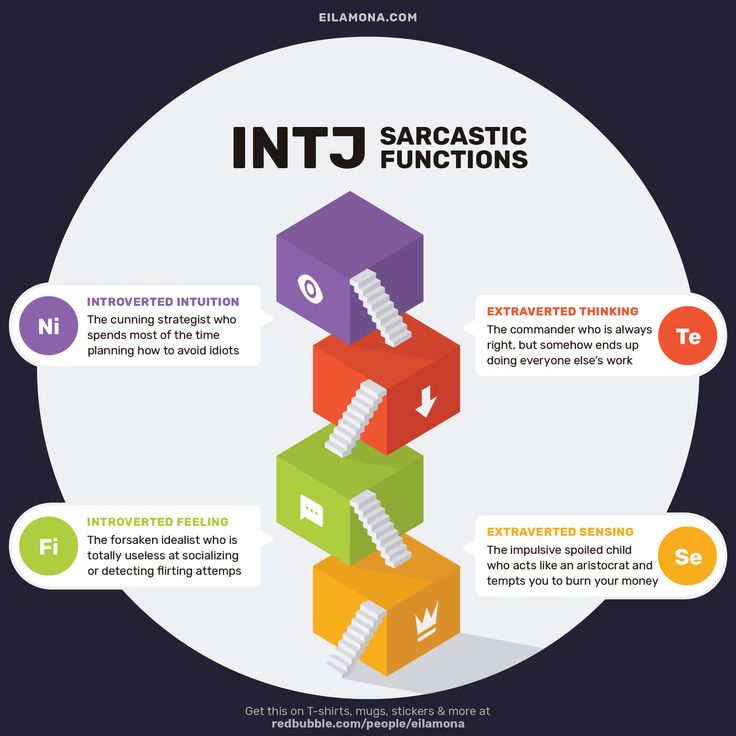 This would look like being less “in tune” with other people, because for HSPs, the brightest thing on their radar is people. It may also mean being less stressed by certain types of stimulation, such as time pressure, violent movie scenes, repetitive noises, etc. — even though you still need plenty of alone time.
This would look like being less “in tune” with other people, because for HSPs, the brightest thing on their radar is people. It may also mean being less stressed by certain types of stimulation, such as time pressure, violent movie scenes, repetitive noises, etc. — even though you still need plenty of alone time.
Additionally:
- About 30 to 50 percent of the population are introverts.
- Some introverts are neither empaths nor highly sensitive people.
- Introversion is a well-studied personality trait that’s separate from the other two.
Empaths
The word “empath” has been taking on a new meaning lately. At one point, it was used mostly in science fiction to describe a person with paranormal abilities to understand the mental and emotional states of others. Although many people still associate empaths with a spiritual component, today the word has become more mainstream. Now it’s commonly used to mean someone who is extremely aware of the emotions of those around them.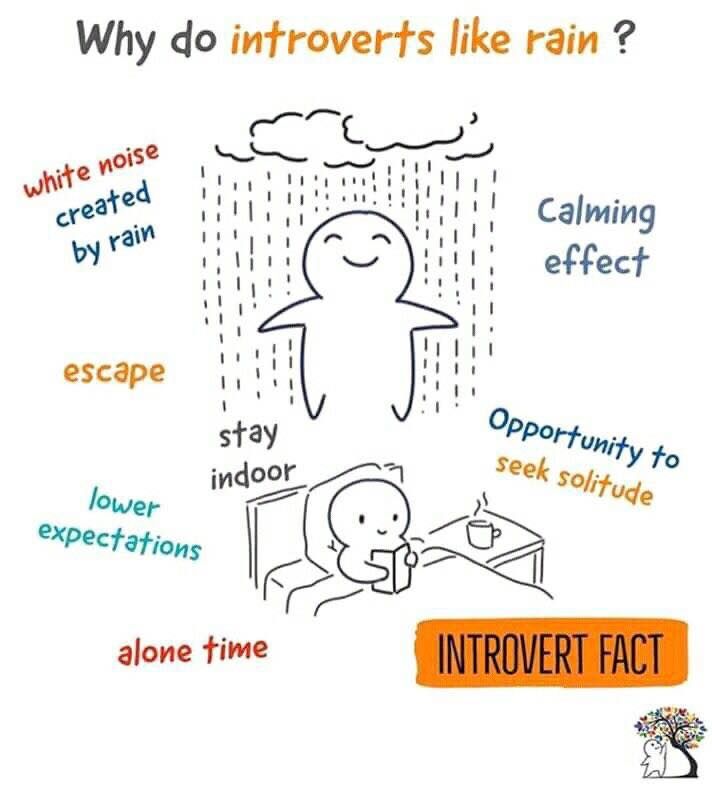
Empaths would say this doesn’t just feel like “noticing” others’ feelings; the experience is often one of absorbing those emotions. It’s as if empaths feel others’ emotions with or alongside them. And, according to Dr. Judith Orloff, author of The Empath’s Survival Guide, this may even include physical symptoms. When overwhelmed with stressful emotions, empaths may experience panic attacks, depression, chronic fatigue, and physical symptoms that defy traditional medical diagnosis, she writes.
For empaths, this ability is both a gift and a curse. It can be hard because many empaths feel they cannot “turn it off,” or it takes them years to develop ways to turn it down when needed. As a result, empaths can find themselves going from perfectly happy to overwhelmed with stress, anxiety, or other feelings simply because someone else walked into the room.
At the same time, an empath’s ability to absorb feelings is their greatest strength. It allows them to understand others and connect deeply with them. It’s also what makes them extraordinary caretakers, friends, and partners — especially when others understand and appreciate their gift.
It’s also what makes them extraordinary caretakers, friends, and partners — especially when others understand and appreciate their gift.
Similar to HSPs, empaths also have highly tuned senses, strong intuitive abilities, and can need time alone to decompress, according to Orloff.
- Empaths can be introverts or extroverts.
- “Absorbing” emotions most likely happens by picking up on subtle social/emotional cues and then internalizing them — an unconscious process that empaths often can’t control.
- Many empaths are likely highly sensitive people.
Join the introvert revolution. Subscribe to our newsletter and you’ll get one email, every Friday, of our best articles. Subscribe here.
Highly Sensitive People
Like introverts and empaths, highly sensitive people are often misunderstood. It’s common to use the word “sensitive” as if it’s a bad thing, which means HSPs sometimes get a bad rap. The truth is, being highly sensitive simply means you process more information about the world around you than others do.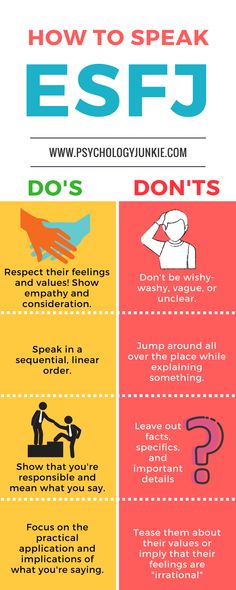 It doesn’t necessarily mean you’re “easily offended” or you cry at the drop of a hat.
It doesn’t necessarily mean you’re “easily offended” or you cry at the drop of a hat.
For HSPs, that means:
- Processing things very deeply and noticing connections that others don’t notice
- Sometimes becoming overwhelmed or overstimulated because your brain is processing so much input (especially in highly stimulating environments like a party or busy classroom)
- Picking up on emotional cues, like empaths, and feeling a deep degree of empathy for others
- Noticing small and subtle things that others often overlook (like textures and faint noises)
In other words, being highly sensitive has an emotional dimension to it, and many HSPs would qualify as empaths — they tend to feel the emotions of others just like empaths do. At the same time, being an HSP also involves being more sensitive to all sensory input, not just emotions. HSPs can become overwhelmed in situations that are simply too noisy, crowded, or fast-paced, whether there are specific emotions to deal with or not.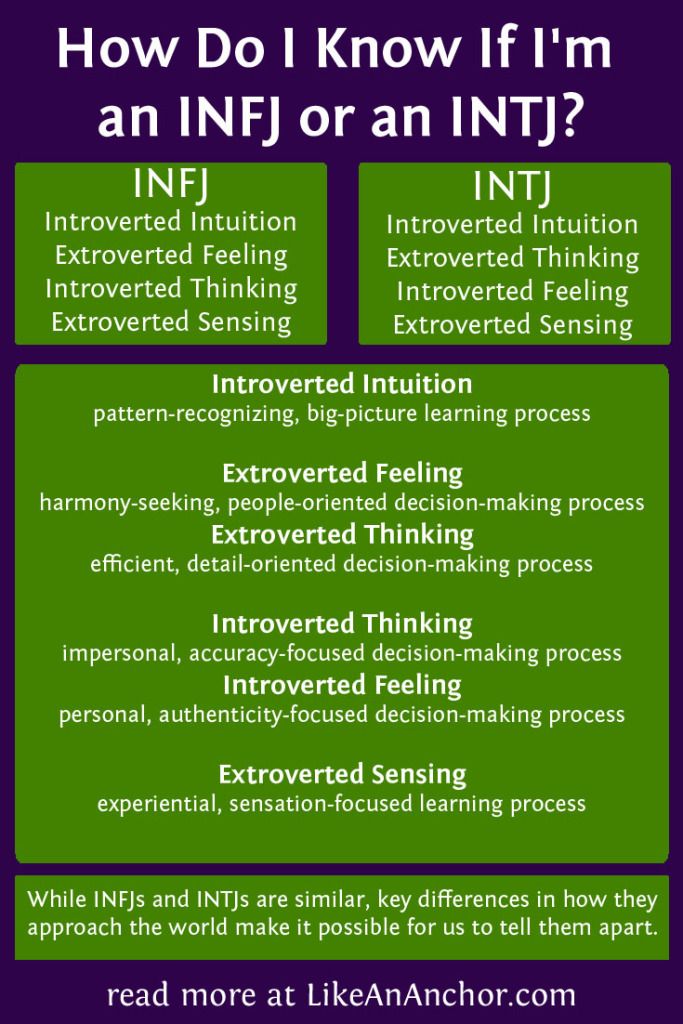
Like introversion, high sensitivity has been well studied. It’s largely genetic and involves several unique differences in the brain. It’s also a healthy, normal trait shared by up to 20 percent of the population.
- HSPs can be introverts or extroverts.
- It’s likely that many (if not all) HSPs are also empaths.
- Empaths and HSPs may turn out to be two sides of a single trait as empaths are studied more.
Are you an HSP? Check out these 21 signs of a highly sensitive person.
Is the chaos of life overwhelming you as a highly sensitive person?
Sensitive people have certain brain differences that make them more susceptible to stress and anxiety. Thankfully, there is a way to train your brain so you can navigate the challenges of sensitivity, access your gifts, and thrive in life. Psychotherapist and sensitivity expert Julie Bjelland will show you how in her popular online course, HSP Brain Training. As an Introvert, Dear reader, you can take 50% off the registration fee using the code INTROVERTDEAR.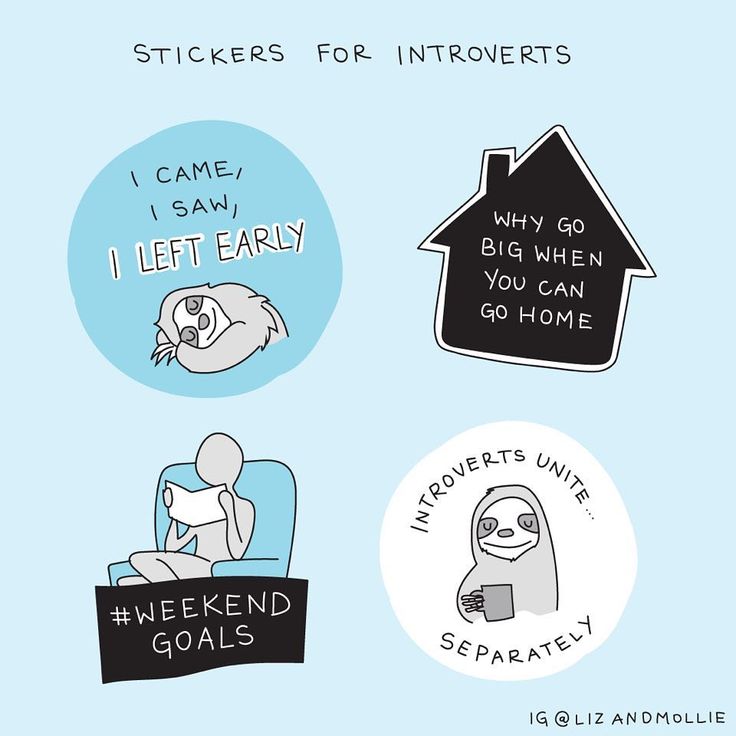 Click here to learn more.
Click here to learn more.
The Opposite of an Introvert, Empath, or HSP
The opposite of an introvert is an extrovert. Extroverts are sometimes said to get their energy from social situations. They have a much longer “social battery” than introverts, and their brains are wired to get a great deal of satisfaction from these situations.
The opposite of empathy or high sensitivity is sometimes said to be narcissism, but that’s simply not true. Just as being highly sensitive or empathic is healthy, being less so can be a healthy trait as well. Less sensitive people simply aren’t as impacted by the stimuli around them. Just as high sensitivity can be extremely valuable in certain situations, being less sensitive can also be valuable, particularly in loud, demanding environments like industrial work sites, the military, and others. These individuals are not necessarily narcissistic or selfish.
All personality traits exist for a reason.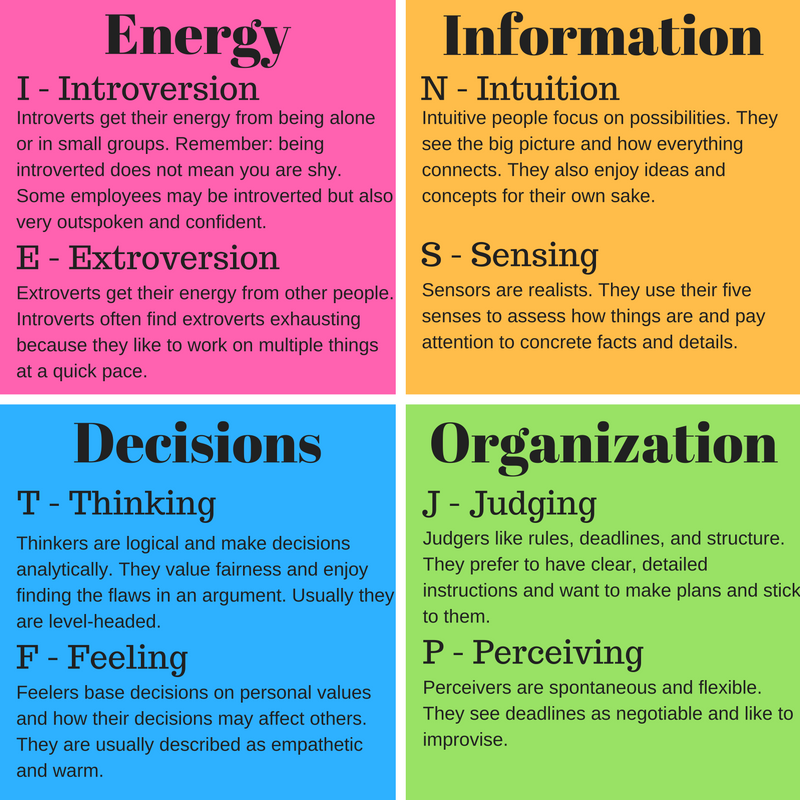 Introversion, empathy, and high sensitivity are all valuable, advantageous traits. And the human species does best when we have a diverse population with many different perspectives. It all depends on the situations you find yourself in and how well you learn to use your personality’s natural strengths.
Introversion, empathy, and high sensitivity are all valuable, advantageous traits. And the human species does best when we have a diverse population with many different perspectives. It all depends on the situations you find yourself in and how well you learn to use your personality’s natural strengths.
Are you an introvert, an empath, or a highly sensitive person — or several of those? Please leave me a comment below and share your thoughts.
This article was originally published on Highly Sensitive Refuge, our community for HSPs. Check out more posts on that site:
- 13 Problems Only Highly Sensitive People Will Understand
- 13 Signs That You’re an Empath
- Why HSPs Get Mentally and Emotionally ‘Flooded’
"Your emotions are my emotions": what it's like to be an empath and an introvert
An empath is someone who is well aware of the emotions of others to the point that he himself experiences these emotions. Empaths see the world differently than other people; they are highly aware of others, their pain points and what they need emotionally.
Empaths have an innate ability to feel other people's emotions as if they were their own. This allows them to understand people more deeply, as well as heal emotional pain. nine0003
But it's not just emotions. Empaths can also feel physical pain—and can often sense someone's intentions. In other words, empaths seem to capture a lot of the life experiences of those around them. Many highly sensitive people (HSPs) are also empaths, but there can be a difference between empaths and HSPs. A high degree of empathy is just one of four traits that make a person hypersensitive.
1. Empaths walk in other people's shoes effortlessly.
One of the easiest and most natural things for an empath is to understand what the other person is going through. This does not mean that empaths have an uncanny ability to understand any human situation, experience or feeling - they are not psychics. But it is easier for them to "understand" other people.
2.
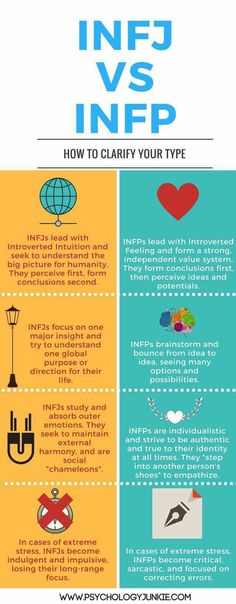 Deeply sensitive
Deeply sensitive The empath's emotions seem to be stronger than those of other people around. It can be both a blessing and a curse. On the other hand, they strongly feel joy, peace and happiness. However, there are times when a greater propensity for apathy makes life easier for introverted empaths; Constantly experiencing strong emotions is exhausting. For example, when an empath is stressed, their insomnia worsens, their mood drops, they listen to a lot of sad music, and they become too easily suppressed. nine0003
3. Tears even over trifles
You may cry looking at a museum piece, reading a book, hearing someone tell a sad (or touching) story, and especially when watching or reading the news. Sometimes, seemingly “insignificant” things bring tears to my eyes. When this happens, assess the situation. Where do these tears come from: is the emotion yours or does it belong to someone else? For a highly sensitive empath, the line may be blurry. nine0003
nine0003
4. Empaths are passionate
One of the reasons introverted empaths become emotional is that they have a great capacity for passion. If there is a cause, a person or a group that they really care about, they will completely surrender to this action. As introverts, empaths do not seek to be the center of attention and tend to try not to make themselves the center of attention. But if they believe that what they do will really matter, they will step out of their comfort zone. nine0003
5. Empaths listen because they really care.
Introverts are generally known to be good listeners. Combine an introvert with an empath, and you will increase this ability. It's against their nature for empaths not to care about others. When you feel other people's emotions, it's impossible not to care about them. You can't help but get carried away by their victories and struggles.
6. Empaths love to "serve"
Empaths find it hard to turn a blind eye to suffering, whether it's a friend or a stranger on the street.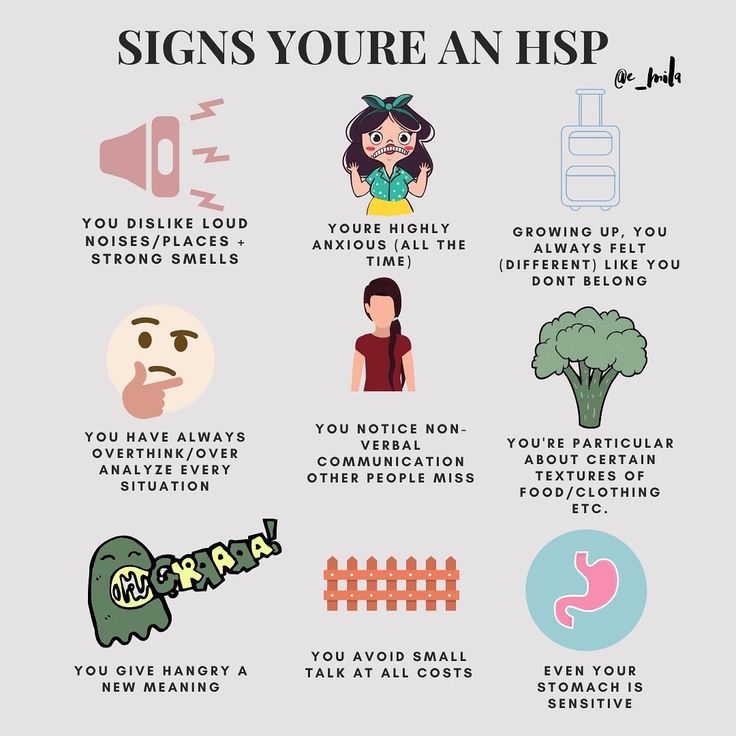 Because they accept the feelings of others, they take on their suffering. As a result, empaths have servant hearts. It doesn't matter if there is something else they have to do or if there are previous plans. If someone is hurt, and they can do something about it, then the rest of the world will have to wait. nine0003
Because they accept the feelings of others, they take on their suffering. As a result, empaths have servant hearts. It doesn't matter if there is something else they have to do or if there are previous plans. If someone is hurt, and they can do something about it, then the rest of the world will have to wait. nine0003
Of course, sometimes this causes problems. Other people see the generosity of empaths and take advantage of it—especially the toxic, the emotionally needy, or even the sociopathic. This is why, if you are an empath, it is very important that you have strong healthy boundaries.
7. Sometimes empaths understand other people's feelings but not their own.
It's like knowing who's in love with your friend, but completely ignoring the possibility that someone likes you. Read other people's feelings? For an empath, this is easy. Dealing with your own complex inner turmoil as an introvert? More often than not, it's a total failure! You might think that self-awareness is a fundamental human trait, but for some it's a little harder to understand. Empaths feel and understand so much that separating their own feelings from those of others can be challenging, though necessary. nine0003
Empaths feel and understand so much that separating their own feelings from those of others can be challenging, though necessary. nine0003
8. Empaths are good at reading people
People are the brightest thing on an empath's radar. They are good at reading the emotions of others, noticing body language and tone of voice, a slight hesitation here, a sudden change of topic there. Perhaps this is what nurtures empathy. When you notice subtle emotional cues, it's impossible not to get involved. And whatever you do, don't lie to the empath. Because they notice so much in people that they are practically lie detectors.
9. Empaths form strong bonds
Once they get close to someone, it may have a hint of "until death do us part." Even when distance and time separates you, they probably still think about you. After all, people mean a lot to empaths, even if, as introverts, they can’t show it all. And when you meet again, expect the empaths to pick up where they left off.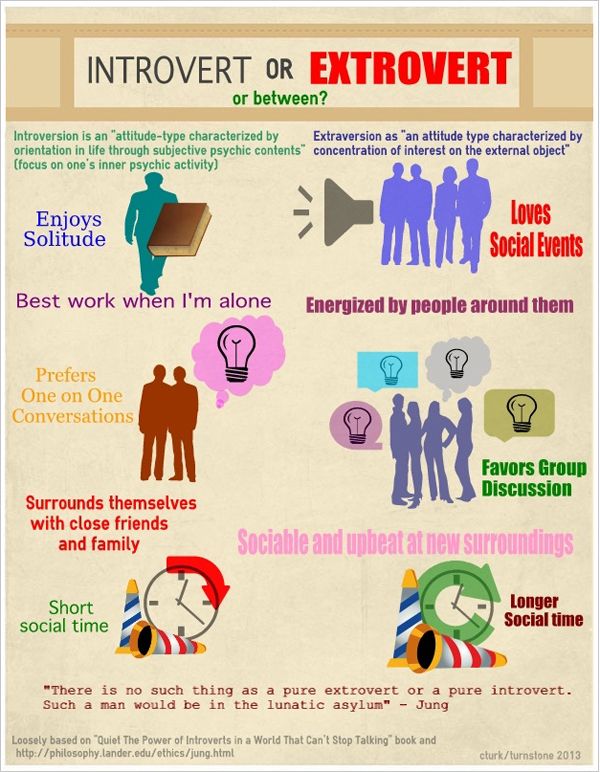
10. Mandatory label for overly sensitive or emotional
Empaths have heard an incredible amount of "too emotional" or "too sensitive." If you heard the same phrases addressed to you, you may be an empath.
11. Empaths are sought after but underestimated
Yes, empaths are emotional. Yes, they are weird. But this is not considered bad. There is nothing wrong with feeling deeply or caring passionately. In fact, the world would be a better place if everyone had a little more empathy.
Perhaps introverted empaths experience this more than extroverted empaths. When you listen carefully, genuinely care, and have little interest in drawing attention to the conversation, people and their problems flock to you. It doesn't matter if someone barely knows you, but something about being an empath makes people unconsciously open their souls. It's actually not that big of a shock given how well empaths understand, though it can be frustrating at times.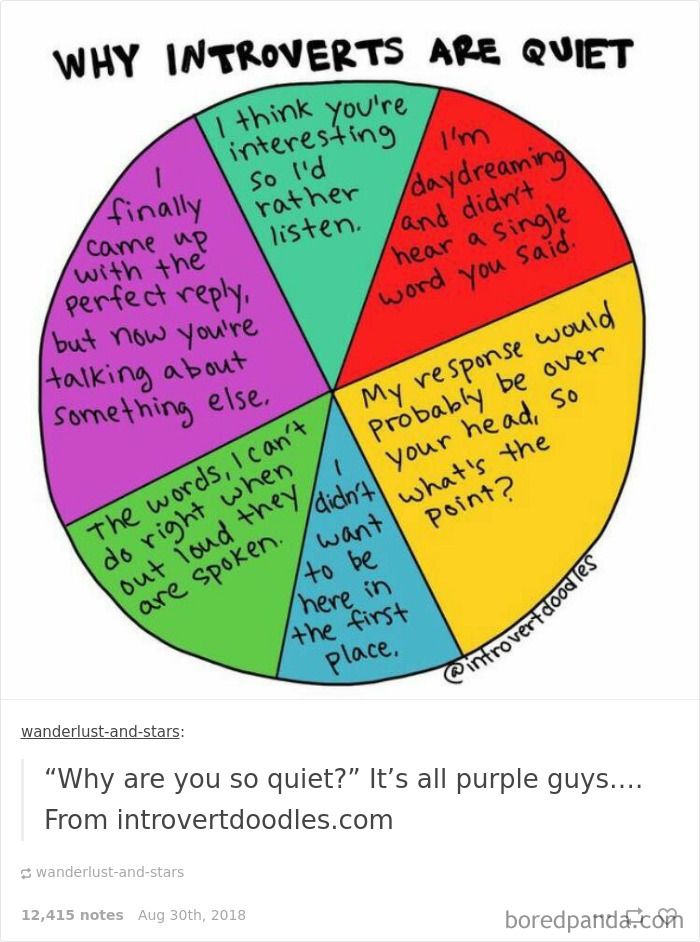 nine0003
nine0003
They care so much about the welfare of others that they can't bite their tongue and sit down to listen to someone else rant about the same thing again. nothing in return.
Dear empaths, you were born programmed to care deeply. Putting others first. Understand. Treat. Your selfless attitude is courageous and compassionate.
But don't forget to take care of yourself. There will be people who will not appreciate your sensitivity or will seek to take advantage of your sympathy. These are the people you don't have to worry about. nine0003
Instead, look for an environment that appreciates and supports you in the same way that you appreciate and support them. As an introvert, you have limited social energy, so you need to be more selective about who you spend time with. And as an empath, you have to protect your sensitive heart.
A Final Note to Empaths
Dear Empaths, you were born programmed to care deeply. Putting others first. Understand.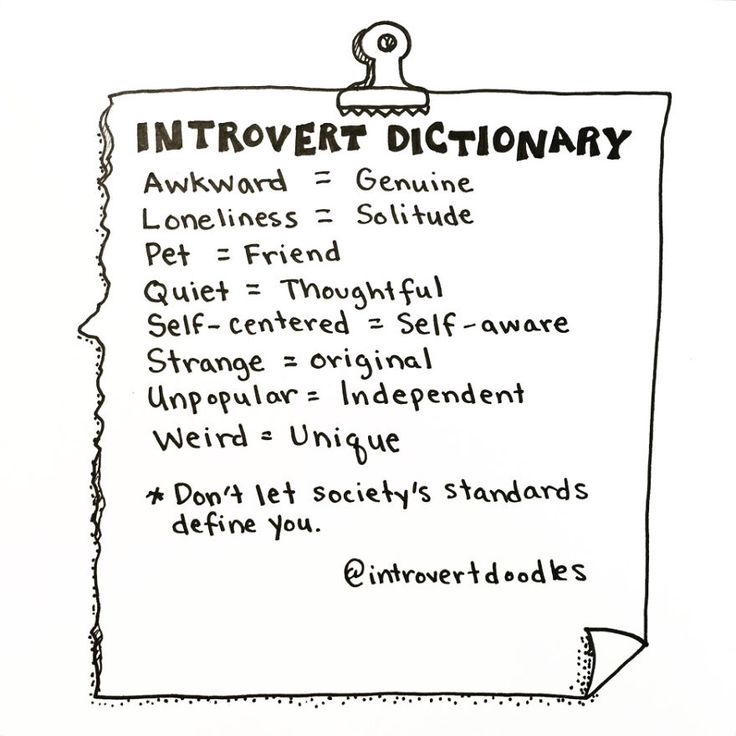 Treat. Your selfless attitude is courageous and compassionate. nine0003
Treat. Your selfless attitude is courageous and compassionate. nine0003
But don't forget to take care of yourself. There will be people who will not appreciate your sensitivity or will seek to take advantage of your sympathy. These are the people you don't have to worry about.
Instead, look for an environment that appreciates and supports you in the same way that you appreciate and support them. As an introvert, you have limited social energy, so you need to be more selective about who you spend time with. And as an empath, you have to protect your sensitive heart. nine0003
Posted by Doshaklaeva Milana
Share:
7 Signs You're an Empath - Soul Site
I'm an empath and it took me years to admit it. I denied it because I didn't want to limit myself to spaces, places, and people based on this new concept of myself. But in the end, the evidence was too obvious to ignore.
Signs that you are an empath include feeling exhausted and tired in a crowd, unexplained mood swings, heightened intuition when even strangers turn to you for advice, etc.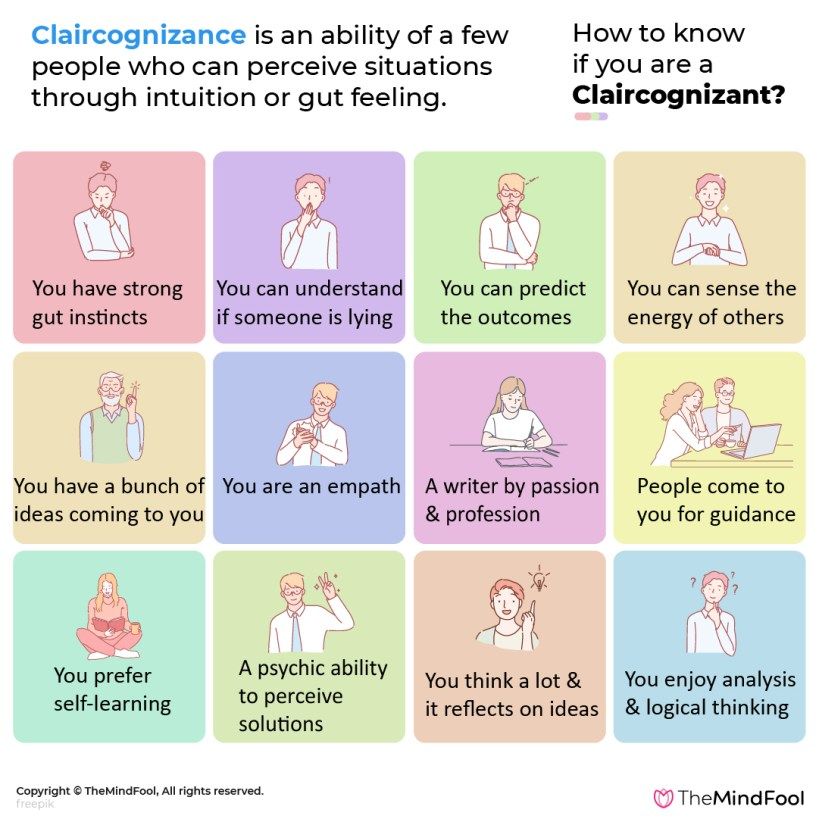 nine0003
nine0003
Psychiatrist and author Judith Orloff defines empathy as the feeling and absorption of other people's emotions and/or physical symptoms due to hypersensitivity. Her new book, The Empath's Survival Guide: Life Strategies for Sensitive People, provides advice for such people.
Why? Because there is nothing wrong with being an empath, ignoring it and continuing to take on other people's emotions is bad for you.
Here are 7 signs you might be an empath:
1. You experience strong emotions in certain environments.
Some people are so sensitive that even physical places affect their emotions and even their health. True empaths are pacified by the sea, but at the same time they experience a whole storm of emotions during a storm. True empaths feel free in the mountains, but may even suffer from headaches near active volcanoes.
Strangely, just as empaths feel people, they can also feel other objects, nature, happening around the event.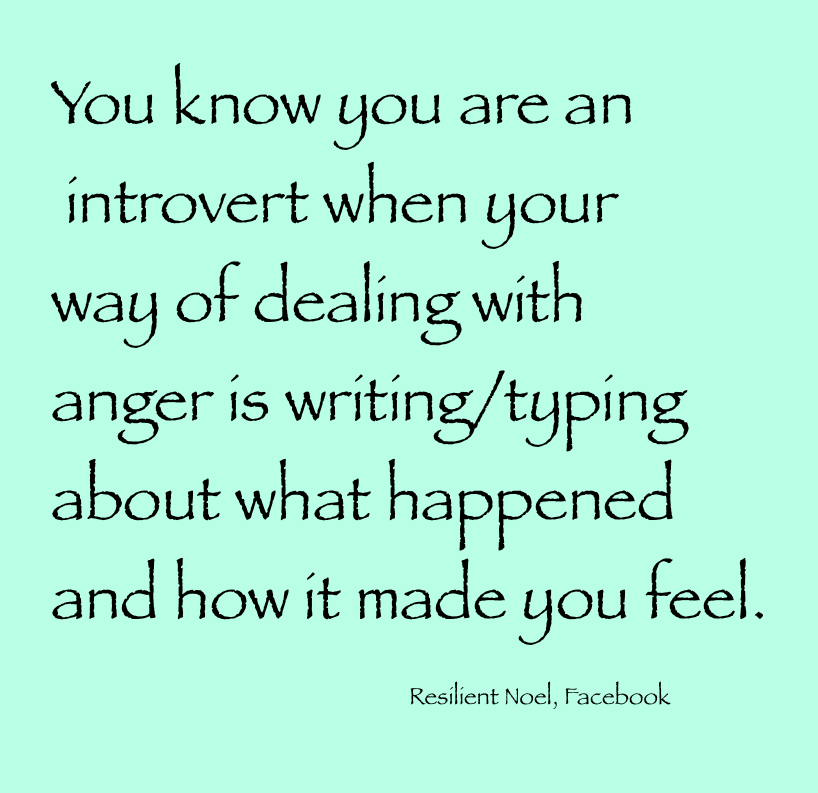 nine0003
nine0003
2. People see you as a support.
If people, even completely random people, can easily trust you (and judging by their number, it's not about them, but about you), you may be an empath. Because empaths are extremely sensitive and they easily absorb the emotions of others. Empaths are the perfect prey for energy vampires.
Tip: Don't try to take on someone else's responsibility. Empaths always want to help, but not everyone can be helped. Determine for yourself the line when and in what case you will stop helping someone. nine0003
3. You need a lot of time alone.
Empaths easily and quickly absorb other people's emotions, and therefore get tired quickly. Because they need more time alone to recharge. Yes, empaths are often introverts. It is better for them to communicate one-on-one with someone, and not in a big company. Even if the empath is an extrovert, he prefers to limit the time of communication in the company.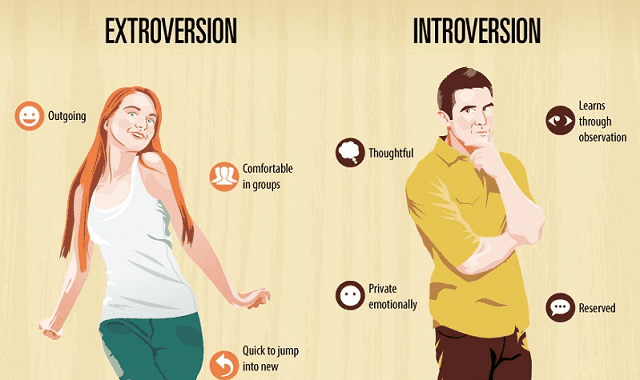
4. You are overwhelmed with emotions in intimate relationships.
Relationships are hard for everyone. This is not new, but it is especially difficult for empaths because they are very sensitive and empathic and tend to be overprotective of the other person. nine0003
Because of this, some empaths avoid relationships altogether because they are afraid of losing themselves in them.
Advice: set boundaries for yourself. To be able to say "no" to other people, to control their emotions in a relationship.
5. You get emotionally drained in a crowd.
Concerts, large events, malls are hard for an empath, because there is so much going on at the same time, there are so many people, and each with their own energy, which the empath feels very much. nine0003
6. You need to sleep alone.
If you find it difficult to sleep even next to your partner, there is nothing wrong with that. Empaths need their own space to completely cleanse it of other people's energy, even in a dream.